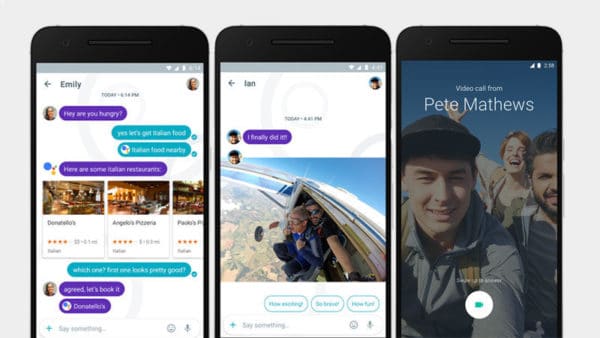Today, however, the company has temporarily backed off from that proposition and the version of Allo launched today will store all non-incognito messages, entirely contradicting Google’s statements. The records, additionally, will be stored until unless the user manually deletes them which obviously, won’t happen in most cases. This essentially means Google will be able to read every text you send for improving the platform. You can avoid this by chatting inside the incognito/private mode where your messages will be end-to-end encrypted. Alike Gmail, your chats are still encrypted when saved and while being transferred between Google’s servers and your device. The alteration is executed for enhancing the smart reply capability that automatically suggests a reply by reading the incoming message. Hence, more data, better outcomes. According to the Verge, engineers behind Allo mentioned storing chats permanently boosted performance substantially. Furthermore, these messages will be directly accessible for lawful warrant requests, similarly to what Google does with Gmail and Hangouts on Android. Given the recent lawsuits such as WhatsApp’s Brazil fiasco, Google might also face issues from various parties. Google Allo is now gradually rolling out to iOS and Android, so go ahead and give it a shot. To know more about the messaging client and its features, check out our launch story.




![]()
